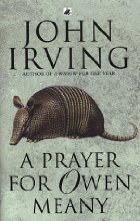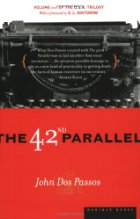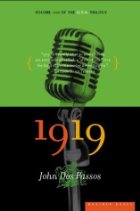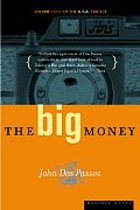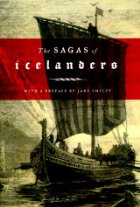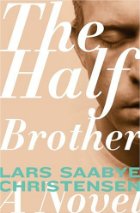
Once, when I was in fourth grade, our teacher was reading us Roald Dahl's Matilda. Everyone was getting absorbed in the story, and then she stopped, and said, in a very ominous voice, "There's something wrong here. Do you know what it is?" A delicious chill went down my spine. There was something mysteriously wrong in the story! What could it be? Dark family scandals? Characters with unsuspected yet fatal flaws kept absolutely secret for many years, until they explode in a terrible climax? Witches? Disfigurements? Secret portals to alternate universes? That sense of something really mysterious and intriguing, something I'd undoubtedly never encountered before, something so strange and convoluted that I couldn't even conceive of it, was intoxicating. The vague sense of mystery and unease was probably more thrilling than any answers could have been, but I still hoped the answers would be really good.
Disappointingly, it turned out that the only thing mysteriously "wrong" in Matilda is that the daughter is more principled than the parents, an obvious plot point that was actually no mystery at all. There are other works, though, that do still give me the spine-tickling "something is wrong here" feeling, and Christensen's family saga The Half Brother is one of them. So many of its cold, Scandinavian characters are wounded and secretive in some way, and the reader is never totally sure exactly what is "wrong" and how it came to be that way. What is lurking in the depths of Arnold Nilsen, the protagonist's father who starts out life as a disabled joker in a land of straight-faced fisherpeople, and ended up as a maimed, progressively shady con man? Is he better, or much worse, than he seems? Why exactly is the titular half-brother so angry, and where does he go on those long absences from home? What happens in the darkened house of the main character's friend Vivian, whose mother was disfigured in a car accident and never shows her face? Why does the kindest character, the one who seems balanced and sane, suddenly commit suicide? Can we trust the narrator and protagonist, Barnum, given that he tells us he is a liar and a drunk?
Throughout the novel, the reader catches glimpses, and we are unsure whether that could have been someone we know. Was it him? Could it have been her? Or was it just a stranger? Were two events unconnected, or was the connection between them all-important? Perhaps most hauntingly, one is never sure how much any individual character knows about any other character - and it is therefore nearly impossible to interpret anyone's behavior. Something is most definitely "wrong" with the Nilsen family, in the most intriguing and delicious sense, and the mystery lingers on after the book is over, since many of these threads are never truly tied up.
One of the prominent themes in the novel is silence - a silence its characters retreat to after traumatic and often inscrutable events. Finishing the novel, for me, was almost like entering a Nilsen-like silence myself, a place away from Barnum's narrating voice, where I would sit with all the contradictions and mysteries of the story, and either attempt to understand them, or just let them be. It was like skating on a sheet of Christensen's beautiful, crystallized language into my own conclusions. In my Half Brother trance, I almost slid toward Norway to dig meditatively at some of these mysteries with my own hands. Fortunately, or unfortunately, I stopped myself just in time.
